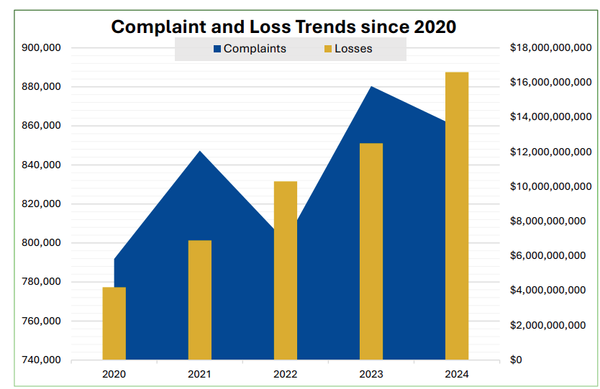Iranian Threat Group Is Scoping Out Influence Ops Ahead of US Elections, Microsoft
Former Florida sheriff works with GRU to pump out anti-Harris deepfakes and misinformation, DDoS attacks targeted Georgia voting site, Lazarus Group game spies and steals via Chrome, Method succeeds in jailbreaking LLMs 65% of the time, Cryptojacker botnet Prometei still here, much more





